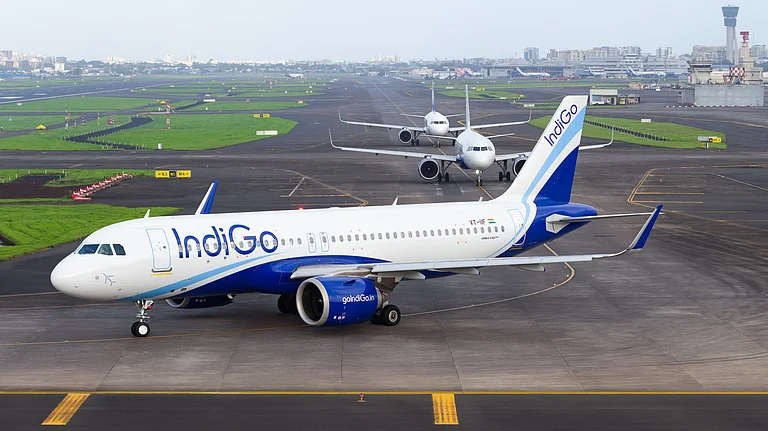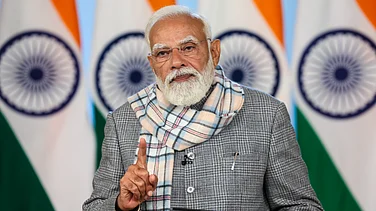As the clock ticks towards COP29, countries must agree on a critical new climate finance goal. This meeting in Baku marks a pivotal moment, with nations facing stark disagreements over how much funding should be provided and who should contribute.
Parties to the United Nations Framework Convention on Climate Change (UNFCCC) have convened in Baku, Azerbaijan, from 9-12 September 2024, for crucial talks on the New Collective Quantified Goal (NCQG) for climate finance. The meeting marks the 11th Technical Expert Dialogue (TED) and the third session under the Ad Hoc Work Programme (AHWP), both vital steps towards reaching a consensus on a new climate finance target ahead of the 29th Conference of Parties (COP29) in November 2024.
The NCQG is expected to succeed the $100 billion per year commitment made by developed nations to aid developing countries in addressing climate change. The outcome of these talks will lay the groundwork for a draft negotiating text to be presented at COP29.
At the heart of the Baku discussions is the preparation of a draft negotiation text based on the input paper provided by the AHWP co-chairs. This document will outline the financial commitments that developed countries must make to support climate adaptation and mitigation efforts in developing nations. Previous talks in Bonn, Germany, in June 2024 revealed significant discontent, with developing countries criticising the lack of focus on their proposals. Disagreements over key issues, such as the expansion of the contributor base and the overall quantum of funds, remain unresolved.
The input paper presented in Baku reflects a summary of the various options discussed throughout the year, but the upcoming days will determine whether nations can narrow down these choices and reach a consensus.
Following the AHWP sessions, the 11th TED will focus on technical aspects of the NCQG. Crafting a comprehensive climate finance goal requires clarity on several elements, including the total amount of funding, contribution methods, and timelines for disbursal. Over the past two years, the UNFCCC has facilitated 10 TEDs to address these complexities, with the current session being a key opportunity to reconcile differences.
The most contentious issue remains the expansion of the contributor base. Developed countries argue that economic realities have changed, and more nations should contribute. However, developing countries firmly oppose this, insisting that no new responsibilities should be imposed on them as part of the NCQG. Canada and Switzerland have recently submitted proposals with detailed criteria for determining contributor eligibility, igniting further debate.
As the discussions in Baku continue, the ultimate goal is to draft a climate finance agreement that reflects the needs of developing countries while addressing the expectations of developed nations. The success of these talks will be crucial in paving the way for an ambitious and equitable outcome at COP29 in November, ensuring that the world remains committed to tackling the pressing challenges of climate change.































